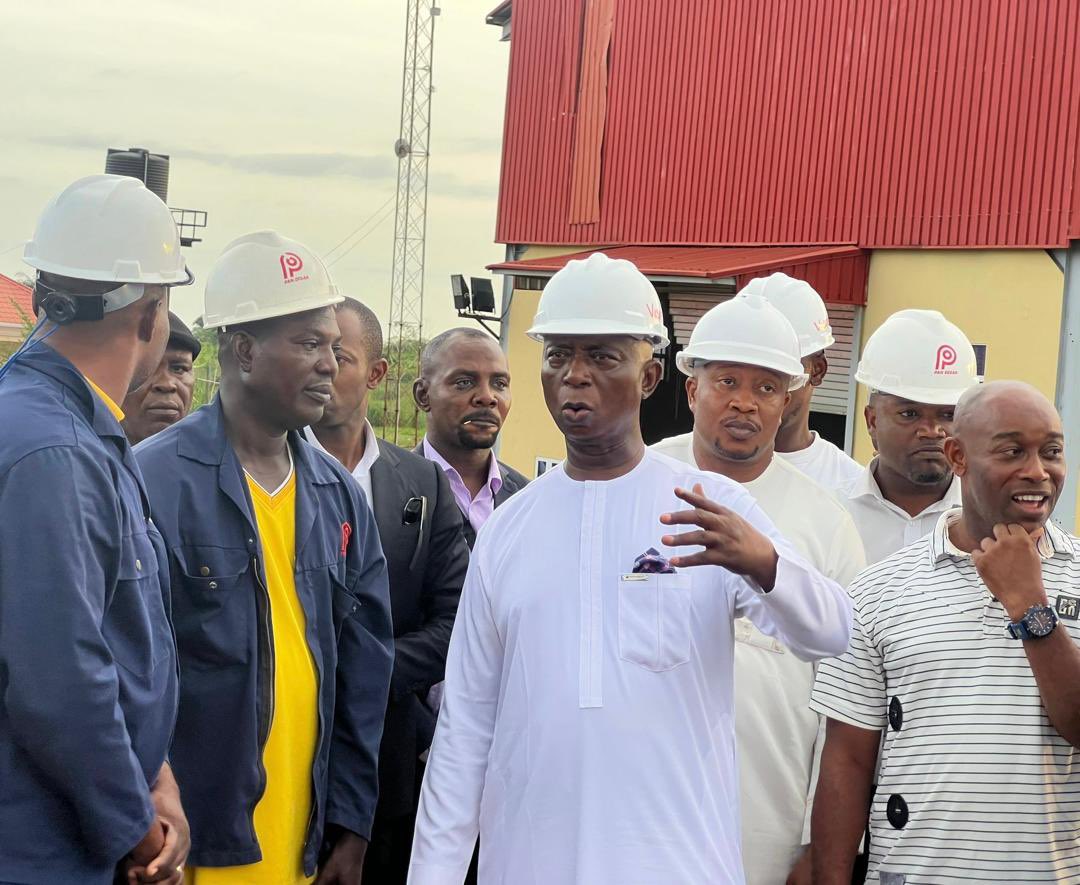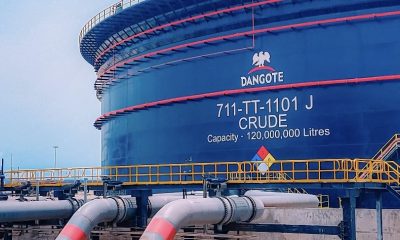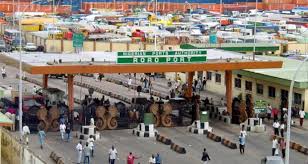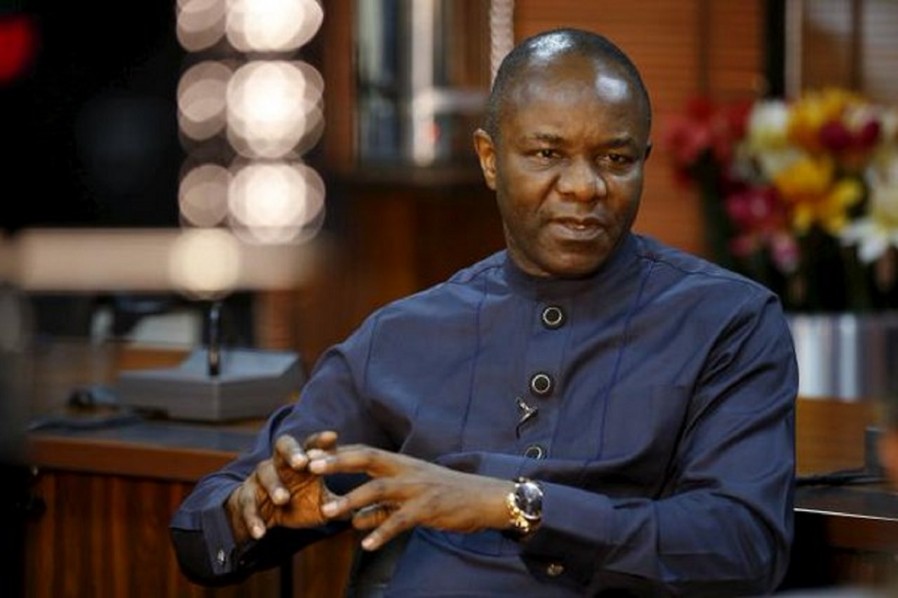Senator Ned Nwoko, representing Delta North in the 10th National Assembly, has carried out a tour of International Oil Companies (IOCs) in Delta North Senatorial District, and thereafter, revealed the reason for the tour and his findings.
Dr. Ned Nwoko, accordingly, highlighted: @Prince_NedNwoko
“Tour of IOCs in Delta North Senatorial District: Why I Embarked on It, Findings and Resolutions
“On May 31 and June 3, 2024, I embarked on a long-overdue comprehensive tour of the International Oil Companies (IOCs) operating within the Delta North Senatorial District.
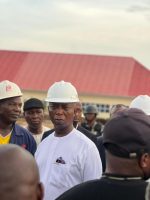
Sen. Ned Nwoko on tour of International Oil Companies in Delta North Senatorial District
“This initiative was unprecedented, as no political leader in the senatorial had previously undertaken such an oversight mission, as revealed during the tour.
READ ALSO: Foundation holds career dialogue on children education in Ewulu, Delta State
“Prior to the tour, I sent letters to the IOCs to formally notify them of my visit. Despite receiving some unfavorable responses, some even stating it wasn’t within my jurisdiction but rather the responsibility of the NUPRC —my resolve only strengthened.
“My decision to undertake the tour was not made lightly; I had received numerous petitions from my constituents detailing various grievances against these companies.
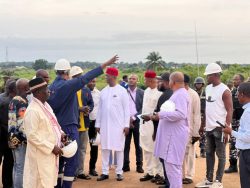
Sen. Ned Nwoko interacting with Executives of Oil Coy during inspection tour of International Oil Companies in Delta North
“Issues raised included inadequate Corporate Social Responsibility (CSR) efforts by the companies, unjust layoffs of local staff in favor of foreign nationals, gas flaring, oil spillages, lack of environmental impact assessments, insufficient contributions to healthcare, etc.
“To address these concerns firsthand, I decided against meeting with the chairpersons or managing directors in offices. Hence, I declined Agip’s invitation to their office in Port Harcourt. My interest was not in meeting with the chairmen or managing directors but in assessing the level of environmental degradation, the performance of their obligations to host communities, and the conditions of employment firsthand.
“On May 31, 2024, I commenced the tour with a visit to Pan Ocean Oil Corporation’s OML147 Flow Station in Owa-Alidinma, Ika North-East Local Government Area.
“On June 3, 2024, I continued with visits to OPAC Refineries in Umuseti, Ndokwa West LGA; Pillar Oil in Umuseti, Ndokwa West LGA; Chorus Energy Ltd in Matsogo, Ndokwa East LGA; Sterling Oil Exploration and Energy Production Company in Ogbe-Ani, Kwale, Ndokwa West LGA; and Agip Oil Company in Ndokwa West LGA.
“It is worth mentioning that despite the numerous complaints I have received about these companies, I did not undertake the tour with an antagonistic mindset. Rather, as the Delta North Senator, I visited with the understanding that it is my duty to oversee the interests of all businesses and individuals operating within the senatorial district.
READ ALSO: Okowa writes thanksgiving letter to God on 65th birthday
“During my visit, I sought assurance that the companies are operating profitably and safely and complying with Nigerian laws, as this is crucial for fulfilling their Corporate Social Responsibility (CSR) to host communities.
“My findings during the tour revealed that:
•Only 1% of the IOCs practice zero gas flaring. Many IOCs continue to flare gas and justify this by paying penalties to the Federal Government.
•The communities visibly suffer from the dangerous impact of oil spillages. According to locals, the situation often exceeds what I witnessed firsthand.
•The company in question admitted to laying off local staff, citing the closure of economically unviable facilities as the reason.
•Overall, the companies’ CSR efforts are consistently reported as poor and below standard.
•Bureaucratic bottlenecks in some companies still pose significant challenges for locals trying to engage with them.
Takeaways and resolutions based on my findings:
“Concerning gas flaring, I pressed for clarity on the companies’ long-term strategies for managing this practice and emphasized the potential of utilizing the gas for electricity production instead of flaring it. While acknowledging that companies currently pay penalties for flaring, these measures fall short in addressing the severe health risks posed to workers and local communities.”

 Health6 days ago
Health6 days ago
 Entertainment1 week ago
Entertainment1 week ago
 Crime6 days ago
Crime6 days ago
 Education1 week ago
Education1 week ago
 Health1 week ago
Health1 week ago
 Comments and Issues7 days ago
Comments and Issues7 days ago
 Football1 week ago
Football1 week ago
 Latest6 days ago
Latest6 days ago
